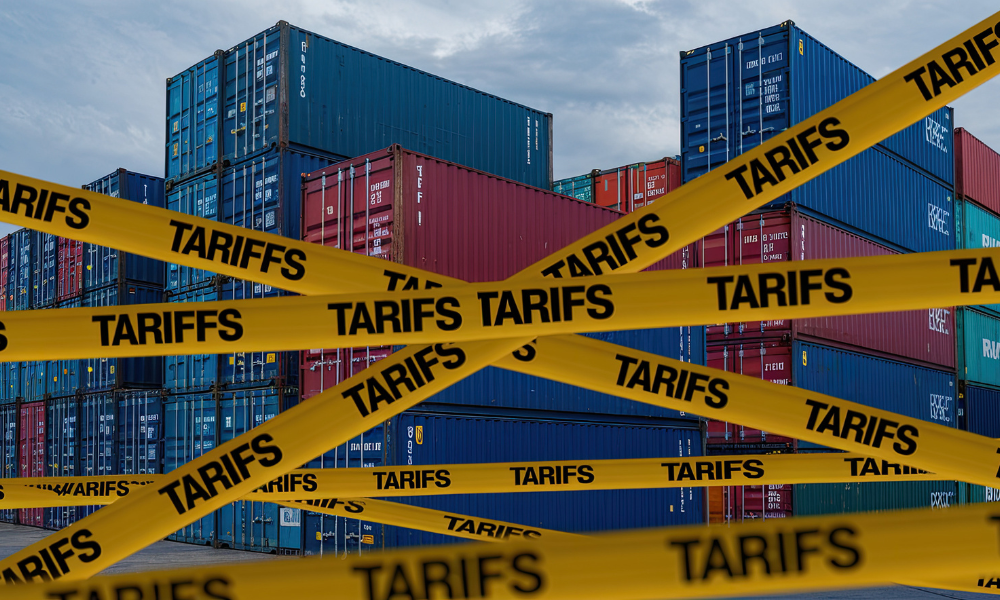Business group urges Ottawa to act to avoid further failing firms

The backbone of the Canadian economy is straining under the pressure of the trade war between Canada and the US, according to a new report.
The Canadian Federation of Independent Business says that small firms are taking the brunt of ongoing trade tensions with 59% of SMEs hit by US and Canadian tariffs on steel and aluminum, while 58% are feeling the squeeze from Canada’s own retaliatory tariffs on US goods.
Nearly one-third say they’ll be negatively affected by the loss of the $800 US de minimis exemption.
“Small businesses don’t have a lot of runway left. They are trying their best to absorb the costs, but if nothing changes, they will be forced to make some tough decisions,” said Corinne Pohlmann, executive vice-president of advocacy at CFIB. “The worst outcome for Canada in the trade war is a bad deal, but the second worst outcome is the never-ending uncertainty small business owners have been wrestling with for the past six months. The federal government needs to provide some stability and return tariff revenue to help small businesses. We’ve suggested several options, including temporarily reducing the federal small business tax rate to zero or a tariff rebate designed on earlier models, like the carbon tax rebate.”
The numbers highlight just how widespread the pressure has become with 62% of small firms saying they’re facing higher expenses, 48% dealing with lower revenues, 41% reporting supply chain disruptions, and 36% having been forced to pause investments.
Around one fifth or respondents affected by the extra tariff costs say they won’t last more than six months if things don’t change, and 38% say they’d be out of business within a year.
Meanwhile, Ottawa has been collecting billions in additional tariff revenue on US imports, which 82% of small businesses told CFIB should be used for direct support for smaller firms affected by trade disruptions, whether directly or indirectly.
“The trade war’s impact on Canada’s small businesses should be top of mind for the government as Canada continues its negotiations with the U.S. Canada can’t fix its productivity crisis without empowering its entrepreneurs. If the government wants to build one Canadian economy, it needs to ensure small businesses are part of the solution and that includes providing them with tariff support during this very challenging time,” Pohlmann said.



